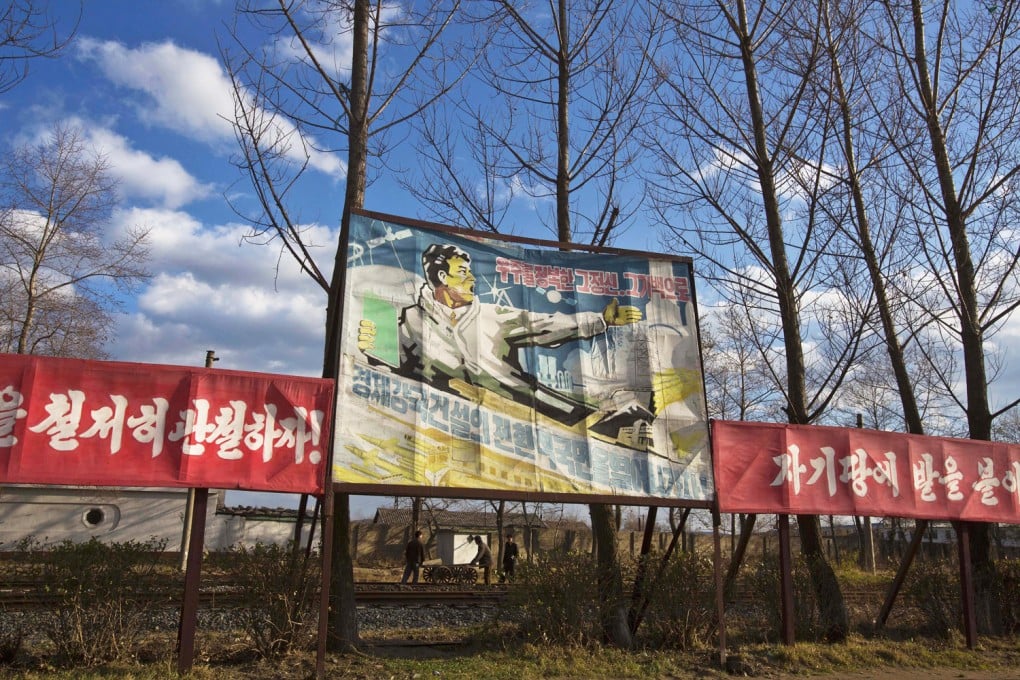Let economic growth spur change in North Korea
Lee Jong-Wha says a market economy can be built with international help

North Korea's system is failing. Its economy has been stagnating since 1990, with annual per capita income, estimated at US$1,800, amounting to slightly more than 5 per cent of South Korea's. Meanwhile, a food shortage has left millions starving. In order to survive, the world's most closed economy will have to open up.
A more prosperous North Korea - together with peace and stability on the Korean peninsula - would serve the interests not only of North Korea itself, but also of the international community.
This should spur international institutions and North Korea's neighbours to provide the food aid, technical assistance and direct investment that the country needs to make the transition to a market economy. But there remain significant obstacles - not least the North's often unpredictable politics, exemplified by the recent execution of its leader Kim Jong-un's once-powerful uncle, Jang Song-thaek.
North Korea should follow the examples of Vietnam and China, pursuing reforms
The good news is that North Korea's leadership seems to understand that its current troubles stem from its grossly inefficient economic system. In recent speeches, Kim has emphasised the need for economic reform and opening up to develop agriculture and labour-intensive manufacturing industries.
Furthermore, in a bid to attract foreign investment, the government has announced the establishment of 14 new special economic zones. If only out of a sense of self-preservation, North Korean political and military leaders are likely to support this effort, as long as it does not undermine their power.
North Korea should now follow the examples of Vietnam and China, pursuing reforms like deregulation, liberalisation, privatisation and macroeconomic stabilisation, while developing a new legal system and new institutions.
The country certainly does not lack growth potential. While it does not have the agricultural base that initially spurred reforms in China and Vietnam, geographical advantages like natural seaports and rich mineral resources enable it to pursue export-led growth.
